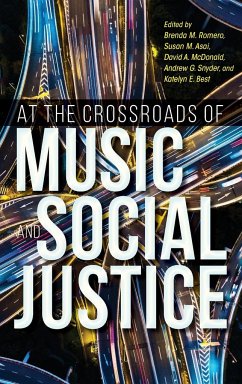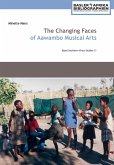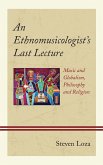The Groovology of White Affect theorizes white aesthetics and race formation in South Africa from a position immersed in the sonic. Mining boeremusiek s heart-speech across two centuries of reception, the book offers a theory of race formation steeped in the music s vernacular language and practices, and situated within South Africa's race ideologies. The book s chapters identify and explore boeremusiek's affective modalities: embarrassment, blackface, epiphany, and disavowal. The book then theorizes indexicality and music, affect, and whiteness as interlinked ontologies. When considered together, the book argues, boeremusiek s modalities outline the parameters of a corrupted white aesthetic faculty that help explain how whiteness perpetuates itself in the present day. Racism is thereby defined not primarily as a matter of prejudice, but as a matter of (conditional) pleasure and (pathological) taste.
The Groovology of White Affect articulates a sound studies from theSouth; it is an attempt to write in a South Africa-centered way amidst the collapse of colonial disciplines and a resulting disciplinary and methodological catholicism for a broad, international audience interested in the affective constitution of race and racism.
The Groovology of White Affect articulates a sound studies from theSouth; it is an attempt to write in a South Africa-centered way amidst the collapse of colonial disciplines and a resulting disciplinary and methodological catholicism for a broad, international audience interested in the affective constitution of race and racism.








